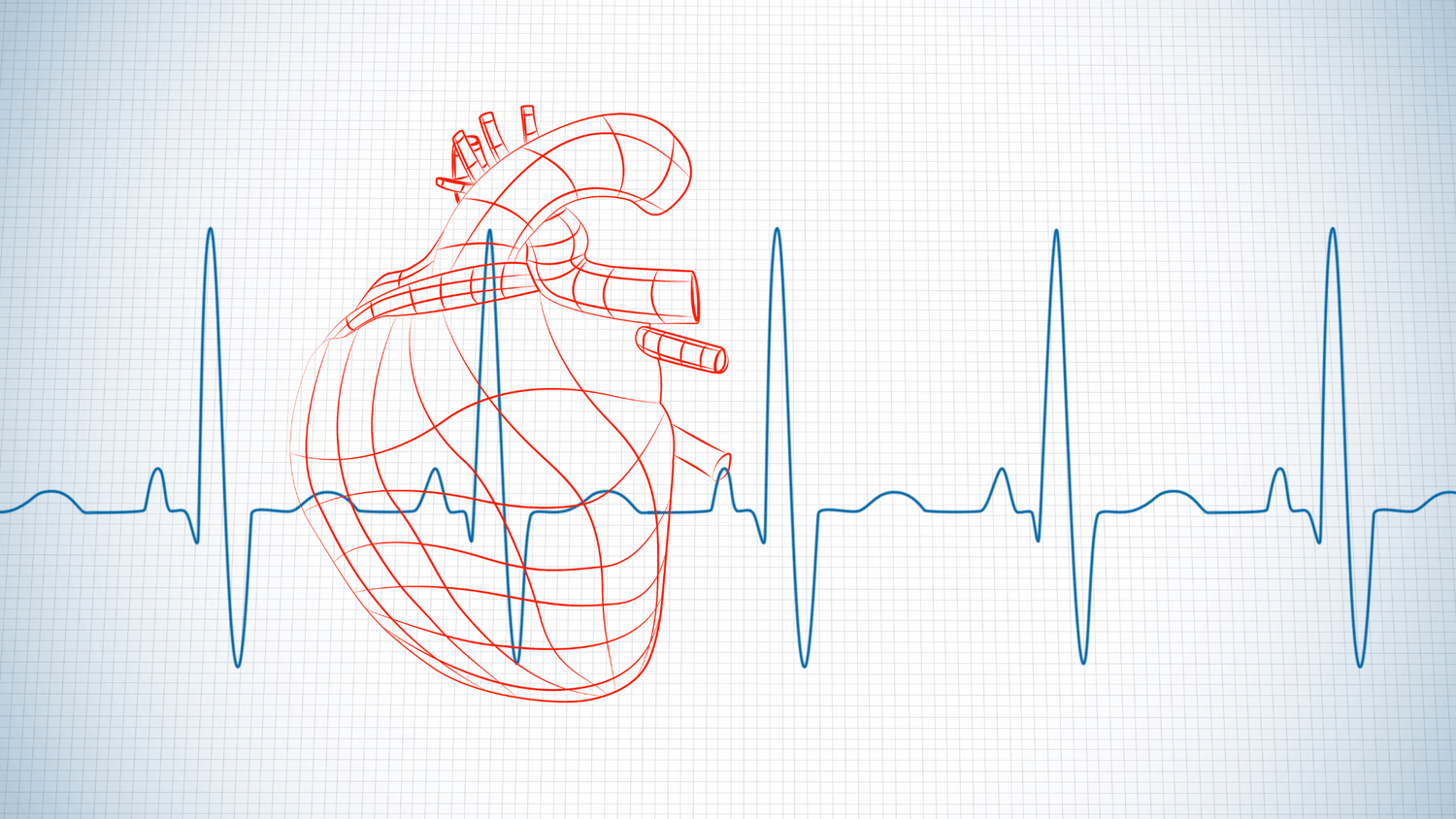In our relentless pursuit of a longer, healthier life, we continually search for markers and metrics that can illuminate the path ahead.
One such promising indicator that has recently captured the attention of both health enthusiasts and researchers alike is Heart Rate Variability (HRV).
This subtle yet powerful metric, originating from the core of our being, has been gaining increasing recognition for its potential to influence longevity.
A 2020 study on HRV compared young adults in their 20s, octogenarians, and centenarians. The centenarians were split into lower and higher HRV groups and followed until their deaths.
Higher HRV in centenarians was associated with an additional 1.6 years of life on average, while those with lower HRV had a fivefold higher risk of mortality. Remarkably, the centenarian with the highest HRV (110 ms) was the longest-lived participant.
In this article, we delve into the intricate connections between HRV and the quest for an extended and healthier life.
Understanding Heart Rate Variability
Before diving into the profound impact HRV may have on longevity, let's grasp the fundamentals.
HRV measures the variation in time between successive heartbeats. In simpler terms, it reflects the changes in the intervals between each heartbeat, representing the heart's adaptability and the autonomic nervous system's control over heart rate (R).
A higher HRV denotes a heart that can effectively adapt to diverse circumstances. This adaptability is not merely a testament to cardiovascular health; it is a window into the heart's resilience and ability to maintain overall well-being (R).
Research suggests that if your HRV is sitting above 100ms, you are considered healthy. Although updated research is needed to confirm this.
Heart Rate Variability Connections With Longevity
HRV unveils a rich tapestry of connections with longevity. Let’s explore these connections.
Cardiovascular Health and Longevity
Cardiovascular health is often touted as a pivotal factor in the quest for a longer life. The association between higher HRV and a healthier heart is well-established.
In essence, HRV reflects your heart's capacity to respond efficiently to stressors, adapt to various situations, and maintain overall cardiovascular well-being. As the heart is a key player in the pursuit of a longer life, HRV offers a fascinating glimpse into its condition (R).
Stress Resilience and Longevity
Stress management is another cornerstone of a healthy, long life. The adverse effects of chronic stress are well-documented, encompassing a wide range of health issues, from cardiovascular problems to mental health concerns.
HRV emerges as a reliable indicator of our body's ability to manage stress. A higher HRV signifies enhanced stress resilience, the ability to recover more swiftly from stressful situations, and the potential to lead a less stressful life (R).
When stress is managed effectively, the body is better equipped to fend off chronic illnesses, contributing to health and lifespan. The intricate connection between HRV and stress resilience reinforces the notion that our bodies hold the potential for a longer, healthier life when they are well-equipped to handle life's challenges (R).
Autonomic Nervous System Balance and Longevity
HRV is closely intertwined with the equilibrium between the sympathetic (fight-or-flight) and parasympathetic (rest-and-digest) branches of the autonomic nervous system. This balance is a critical factor in overall well-being. A healthy heart, with optimal HRV, reflects a harmonious autonomic nervous system, which, in turn, minimises the strain on the body.
By nurturing this balance, individuals may potentially enjoy a longer and healthier life. The stress on the body is reduced, enabling it to function optimally. In essence, HRV serves as a mirror of the heart's ability to maintain this balance and, by extension, the potential for a longer and healthier life (R).
Early Detection of Health Issues
Monitoring HRV can offer early indications of health issues. A decline in HRV can serve as a red flag, signalling problems such as heart disease, diabetes, or even mental health concerns. Detecting these issues early through HRV monitoring enables timely intervention, which can have a significant impact on extending lifespan.
The potential to catch health issues in their early stages is a gift in itself. By addressing these concerns promptly, individuals have a better chance of effectively managing or even reversing the trajectory of illnesses that might otherwise have shortened their lives (R).
Lifestyle Adjustments: The Key to Longevity
One of the most compelling aspects of HRV is its potential to motivate positive lifestyle changes. By consistently monitoring HRV, individuals may be more inclined to adopt heart-healthy habits.
These include regular exercise, stress reduction techniques, a balanced diet, and adequate rest. The cumulative effect of these adjustments can significantly contribute to a longer and healthier life.
The simple act of monitoring HRV can serve as a constant reminder of the importance of health and longevity. It's like having a personal coach whispering in your ear, encouraging you to make choices that will not only help you live longer but ensure that those added years are filled with vitality and vigour (R).
The Limitations and Challenges of HRV
While HRV is an exciting and promising metric, it is not without its challenges and limitations. HRV can be influenced by various factors, including age, genetics, and medical conditions. Interpreting HRV requires specialised knowledge, and it is not a one-size-fits-all measure (R).
Additionally, while research on HRV and longevity is ongoing, it is not yet conclusive. More studies are needed to establish a direct cause-and-effect relationship between HRV and a longer life. However, the existing evidence strongly suggests that HRV is a valuable marker for overall health and well-being (R).
Conclusion
In conclusion, HRV is a remarkable metric that offers a window into our cardiovascular health, stress resilience, and overall well-being. While it is not the sole determinant of longevity, it is a piece of the puzzle, a powerful marker that can guide you toward a longer and healthier life.
Incorporating HRV monitoring into your health routine, along with other established markers, such as regular check-ups and healthy lifestyle choices, can help you cultivate a holistic approach to longevity.
By understanding the complex web of factors that influence your lifespan and health span, you can take proactive steps to enhance your heart health, reduce stress, and pave the way for a fulfilling and extended life.























